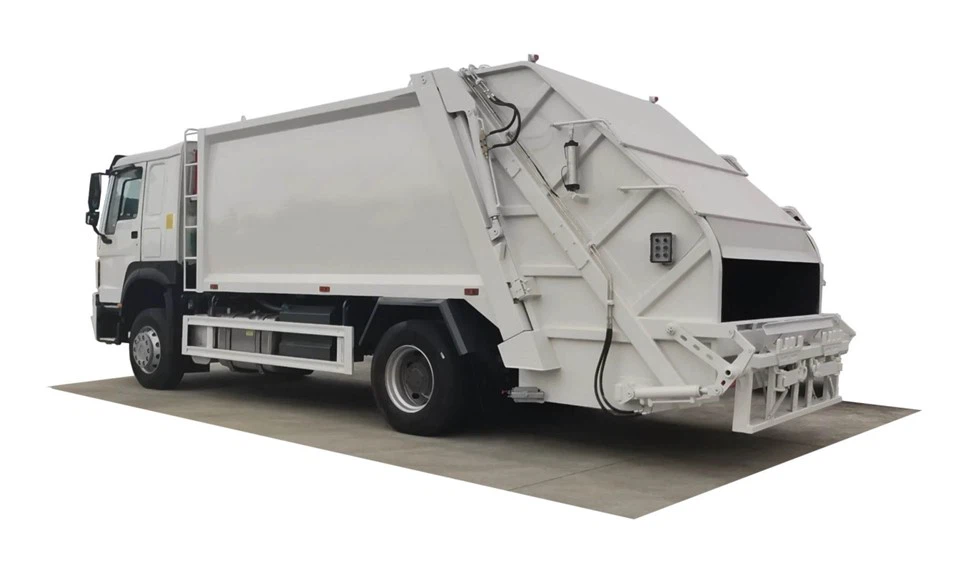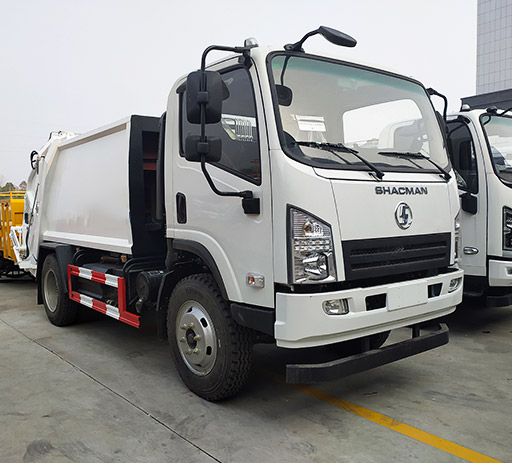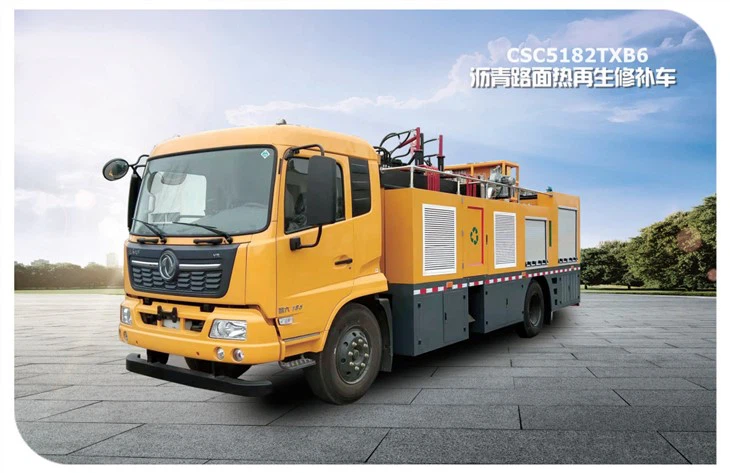The Best Time of the Year to Buy an RV: A Comprehensive Guide

Buying an RV is a significant investment and choosing the right time can save you money and stress. In this article, we’ll explore the best times of the year to buy an RV, key factors to consider, practical tips, and more. Whether you’re a seasoned camper or a first-time buyer, this guide will help you make informed decisions on your RV purchase.
Understanding the RV Market
The RV market can fluctuate based on various factors, including seasonal demand, manufacturers’ production schedules, and economic conditions. Awareness of these elements is crucial for finding the right time to buy your RV.
Seasonality in RV Sales
RV sales peak during specific seasons, primarily linked to the camping season. Typically, spring and summer see the highest demand for RVs due to favorable weather and camping trips. Conversely, fall and winter may present opportunities for discounts.
The RV Buying Season
| Season | Characteristics | Buyer Advice |
|---|---|---|
| Spring | High demand, new models released | Look for promotional offers, but expect higher prices. |
| Summer | Peak camper season | Shop early in the season for better selection. |
| Fall | End of camping season, discounts begin | Great time to negotiate prices and look for deals. |
| Winter | Low demand, clearance sales | Best deals can be found during this time. |
Key Factors to Consider When Buying an RV
Desired RV Type
Understanding the type of RV that fits your needs is crucial. Whether you’re looking for a motorhome, travel trailer, or fifth wheel, each has its advantages. For instance, travel trailers are generally more affordable and easier to tow, while motorhomes provide more living space.
Budgeting for an RV Purchase
Setting a budget is vital before beginning your RV search. Factor in not just the purchase price but also ongoing costs such as insurance, maintenance, and fuel. This will help you avoid financial strain post-purchase.
New vs. Used RVs
Deciding on a new or used RV can also affect your timing. New RVs are typically bought in spring when dealers showcase the latest models. Used RVs become more available as owners trade in or sell their old units, particularly during the fall and winter months.
Pros and Cons of New and Used RVs
| Category | New RVs | Used RVs |
|---|---|---|
| Price | Generally higher; premium for latest features | More affordable; potential for great bargains |
| Condition | Often in perfect condition with warranties | Varies; condition and maintenance history are crucial |
| Financing | Better financing options available | Higher interest rates may apply |
Best Times of the Year to Buy an RV
End of the Year Sales
The best time to buy an RV is often at the end of the year when dealers want to clear out their inventory. Fall is when new models are introduced, and dealers want to make room by offering discounts on current stock.
Holiday Sales Events

Significant holidays such as Labor Day, Memorial Day, and Black Friday are when many dealerships offer sales events. Take advantage of these times as they often feature significant markdowns on RVs.
RV Shows and Expos
Attending RV shows can be a great way to find deals. Dealers often offer special prices, and you can compare many models all in one place. Look for shows in your area and plan your visits during show weekends to maximize your options.
Tips for Getting the Best Deal on an RV
Research and Comparison
Before making a purchase, do thorough research on the RV types that interest you. Websites that allow you to compare prices and features can help you make a more informed decision. Additionally, consider visiting multiple dealerships to see how prices compare.
Timing Your Purchase
Timing is everything. Aim to purchase just before the end of camping season (late summer to early fall) or during the winter months when sales are low. This can lead to better negotiation power.
Negotiate Wisely
Don’t be afraid to negotiate. Salespeople expect it, and it’s often part of the buying process. Set a maximum price that is within your budget and stick to it during negotiations.
Consider Financing Options
If you plan to finance your RV, shop around for the best loan terms and interest rates. Check with banks, credit unions, and dealer financing options. Pre-approval can strengthen your bargaining position.

Common Financing Mistakes to Avoid

| Mistake | Impact |
|---|---|
| Skipping Pre-Approval | Weaker negotiation power |
| Not Reading the Terms | Hidden fees and unfavorable terms |
| Ignoring Insurance Costs | Unexpected expenses post-purchase |
Maintaining Your RV Purchase Timeline
Having a plan will ease the stress of purchasing an RV. Create a timeline that includes when you want to start shopping, attending RV shows, and when you aim to make a purchase. This will help keep you on track.
FAQs About Buying an RV
1. What is the best month to buy an RV?
The best months to purchase an RV are typically late summer or fall when dealers are looking to clear out old inventory.
2. Are RVs cheaper in winter?
Yes, winter is often the cheapest time to buy an RV as demand is low, and dealerships offer clearance sales.
3. How can I negotiate the price of an RV?
Research prices online, be prepared with your budget, and don’t be afraid to walk away if the deal isn’t right for you.
4. Is it better to buy an RV in the off-season?
Buying in the off-season can lead to better deals and more negotiation opportunities, as dealerships are more eager to sell.
5. What should I look for when buying a used RV?
Check for condition, maintenance history, mileage, and any past accidents. A thorough inspection is essential.
6. How do RV shows work?
RV shows feature many dealers displaying their RVs, often with discounted prices and special financing options. They provide a great opportunity to compare models and find deals.
